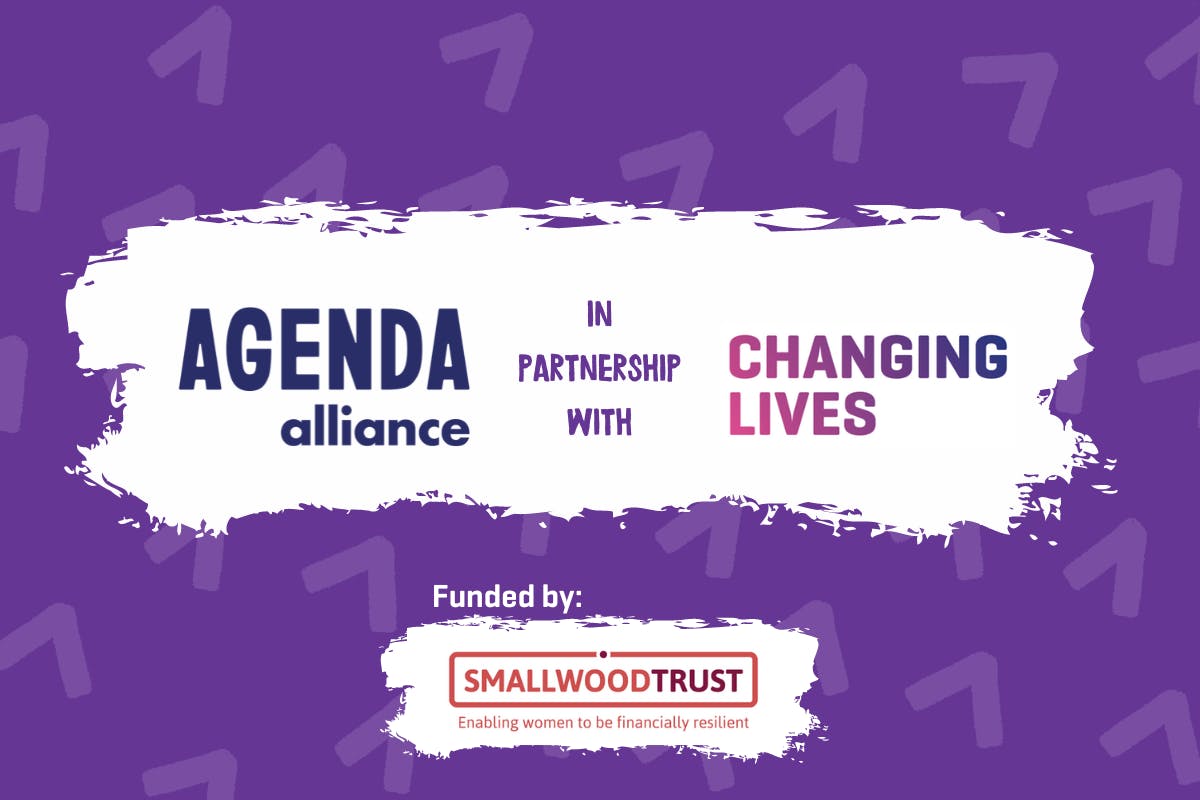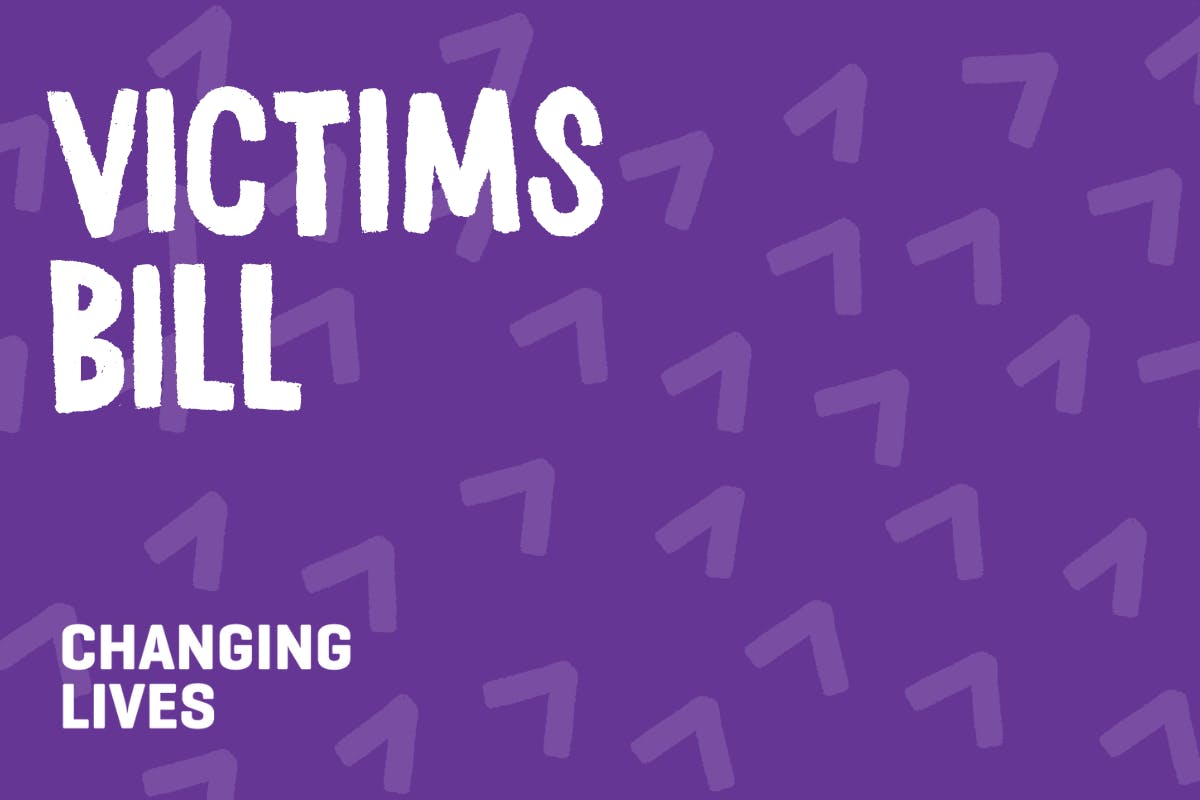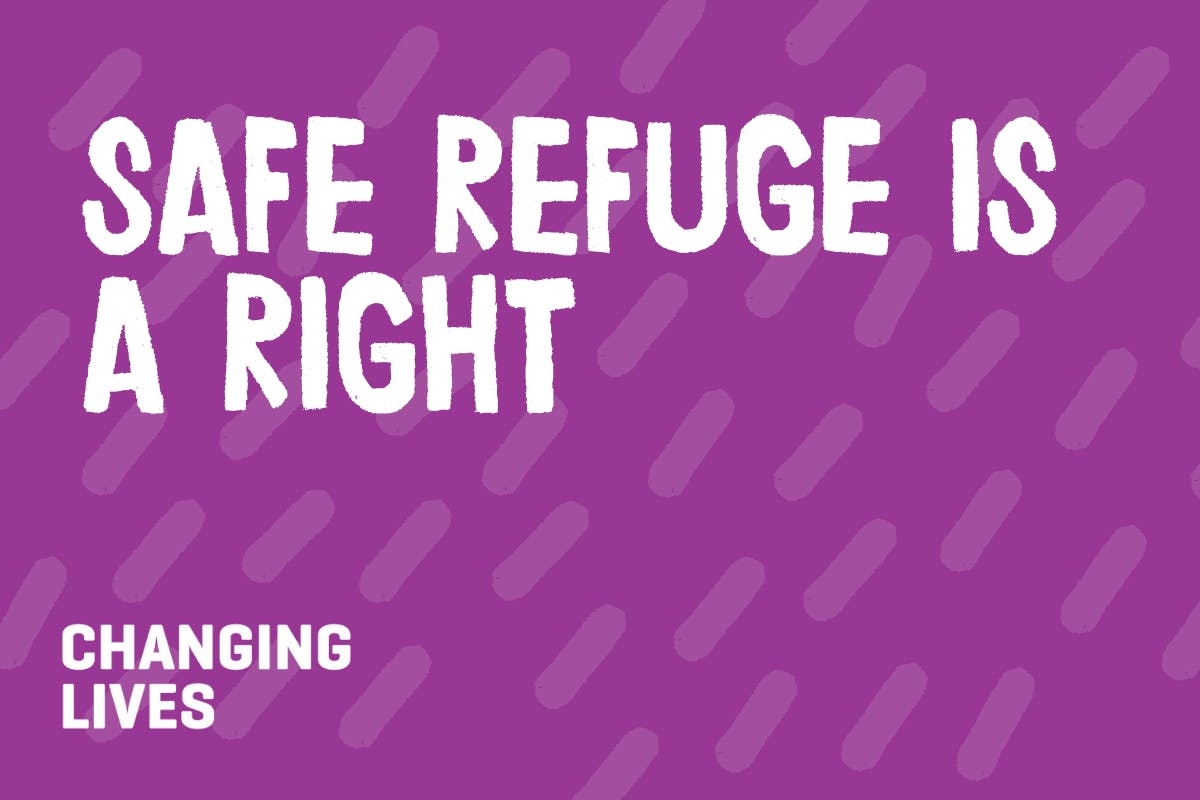In this blog, our Head of Women's Services, Laura McIntyre talks about the findings of Operation Soteria.
At the end of last year, the Home Office published its independent report into the first year of Operation Soteria, which aims to develop new operating models for the investigation and prosecution of rape in England and Wales. The report highlights many significant areas of concern for women who face sexual abuse and sexual violence.
Sadly, this comes as no surprise.
The STAGE project brings together charities Changing Lives, Ashiana, A Way Out, Basis Yorkshire, GROW, The Angelou Centre, Together Women and WomenCentre to provide trauma-informed support for women who have experienced sexual abuse by sexual exploitation across the North East and Yorkshire.
Sexual exploitation of adults is a form of sexual abuse that is poorly understand and rarely recognised across many sectors, including criminal justice. Sexual exploitation occurs where an individual or group takes advantage of an imbalance of power to coerce, manipulate or deceive a person into sexual activity.
Since STAGE began in 2019, we have supported over 500 women affected by sexual exploitation – proof, if it were needed, that this is not an issue confined to a local area, but a systemic challenge across our communities.
Access to justice
Many of the women we support face significant barriers to accessing justice, including vastly negative experiences of reporting crimes and police investigations.
To put this into context, 39% of women accessing STAGE have disclosed experiences of sexual exploitation to their support workers within the last year but did not feel safe to report it to the police. And 50% of women accessing STAGE who reported crimes against them to the police did not feel they were believed.
Operation Soteria highlights that ‘investigators and other police staff lack sufficient specialist knowledge about rape and other sexual offending’. While there are some exceptions, with police officers demonstrating a high degree of understanding and sensitively, in general we have found this to be true for the women we support through STAGE.
Often, the women we work with are fearful of reporting due to past negative experiences with the criminal justice system, the fear of reporting crimes due to familial and community pressures, threats of further harm from perpetrators, fear of children being removed from their care, and the fear of losing a connection with a perpetrator if a co-dependency has been created: substances, income, shelter or protection, all present significant barriers to reporting sexual exploitation to the police.
Likewise, Operation Soteria finds that ‘disproportionate effort has been put into testing the credibility of a victim’s account, and there is a need to re-balance investigations to include a thorough investigation of the suspect’s behaviour.’
In other words, victim-blaming.
Many women supported by STAGE tell us that they have found police investigations retraumatising, particularly due to the use of victim-blaming language, stigma, and discrimination. Further still, for many women sexual exploitation does not happen in a silo; they are often subjected to additional forms of abuse, violence and held against their will. And many also face criminal exploitation, being forced to orchestrate exploitation of other women, or commit drug-related crimes on behalf of their perpetrators.
Yet instead of women’s experience being recognised for what it is – exploitation, coercion and control – they are themselves treated as criminals.
The women supported by STAGE sometimes exhibit behaviours as a direct response to trauma, and are often described by services as ‘complex’ and ‘chaotic’. These behaviours can then be detrimental to their case as women may blame themselves or downplay the extent of the exploitation due to feelings of shame. For those who do report crimes against them, there are significantly high numbers which ultimately end with no further action taken.
Holding a mirror up to the experiences of women
We are encouraged by Operation Soteria’s progress towards addressing deeply-rooted and systemic challenges affecting women who have faced rape and other forms of sexual offending, and were pleased to be part of this Home Office self-assessment as a voluntary sector representative. But in holding a mirror up to women’s experiences, an ugly truth is reflected – that too many women are being denied opportunities to access justice, and for women facing sexual exploitation, they are not visible at all.
That’s why we are calling for sexual exploitation to be recognised in law, providing the necessary grounding to ensure that women receive the support they need. Beyond this, we want to see the criminal justice system working better for women, from the point at which they report a crime through to a criminal conviction. We should expect nothing less.
Want to know more? You can read our briefing for more information and policy recommendations and sign up to our webinar at 10-11am on 18th April.
Read more about the STAGE partnership.






